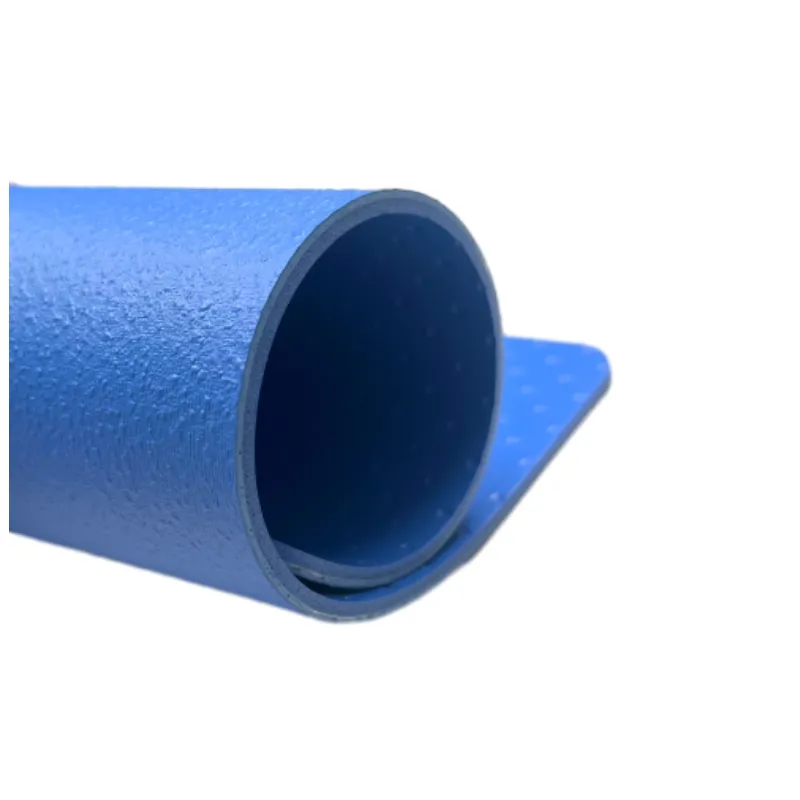- Afrikaans
- Arabic
- Belarusian
- Bengali
- Croatian
- Czech
- Danish
- Dutch
- English
- Estonian
- Finnish
- French
- Georgian
- German
- Greek
- hawaiian
- Hungarian
- Indonesian
- irish
- Italian
- Japanese
- kazakh
- Khmer
- Korean
- Kyrgyz
- Lao
- Latin
- Macedonian
- Malay
- Mongolian
- Myanmar
- Norwegian
- Persian
- Polish
- Portuguese
- Romanian
- Russian
- Serbian
- Spanish
- Swedish
- Tagalog
- Thai
- Turkish
- Turkmen
- Ukrainian
- Urdu
- Uzbek
- Vietnamese
- Zulu
Exploring Different Types of Commercial Flooring Solutions for Your Business Needs
Understanding Commercial Flooring Types A Comprehensive Guide
When it comes to designing or renovating a commercial space, one of the most significant decisions is the choice of flooring. The right flooring not only enhances the aesthetic appeal of the space but also impacts functionality, longevity, maintenance, and cost. In this article, we will explore various types of commercial flooring, their benefits, and their ideal applications.
1. Vinyl Flooring
Vinyl flooring is a widely popular choice for commercial spaces due to its versatility, durability, and affordability. Available in sheets, tiles, or planks, vinyl can mimic the appearance of wood, stone, or other materials while providing a water-resistant surface. This makes it an excellent option for areas prone to spills, such as kitchens, restaurants, and clinics. Additionally, vinyl is relatively easy to install and maintain, requiring only regular sweeping and occasional wet mopping.
2. Carpet Tiles
Carpet tiles (or modular carpets) are another common flooring type used in commercial settings, particularly in offices and retail spaces. They provide comfort underfoot, sound absorption, and aesthetic warmth. The modular design of carpet tiles allows for easy replacement of damaged sections without the need to replace the entire flooring. Furthermore, they come in various colors and patterns, enabling businesses to create custom designs that reflect their brand identity. With advancements in technology, many carpets are now manufactured with stain-resistant and antimicrobial properties, making them highly practical for high-traffic environments.
Hardwood flooring offers a timeless elegance that is hard to achieve with other materials. While it can be more expensive than other options, the aesthetic appeal of hardwood, particularly in high-end retail stores and corporate offices, can be worth the investment. Hardwood is durable and can last for many years with proper maintenance. However, it is essential to consider the potential for scratching and moisture damage. Therefore, using hardwood in spaces with heavy foot traffic or where spills are likely might require more attention and care.
commercial flooring types

4. Tile Flooring
Tile flooring is an excellent choice for commercial spaces that require durability and resistance to moisture. Ceramic and porcelain tiles are sturdy, easy to clean, and can withstand high traffic. They are commonly used in restaurants, hospitals, and retail environments. Furthermore, tile flooring offers various design options, from classic to modern styles. While tile can be cold and hard underfoot, area rugs can be used to enhance comfort in specific zones.
5. Concrete Flooring
Concrete flooring has gained popularity in commercial settings due to its industrial look and durability. It is prone to wear and can be treated with various finishes to enhance its appearance and resistance to stains and moisture. Polished concrete, for instance, is an environmentally friendly option that provides a sleek and contemporary surface. This type of flooring is ideal for warehouses, showrooms, and modern office spaces, offering an easy-to-clean and long-lasting solution.
6. Resilient Flooring
Resilient flooring commonly encompasses materials like rubber and linoleum. Rubber flooring is especially appreciated in environments such as gyms and play areas due to its cushioning effect that reduces the risk of injury. It is also slip-resistant and easy to maintain. Linoleum, made from natural materials, is eco-friendly and available in many colors and patterns. It offers warmth underfoot and is suitable for various commercial applications, including healthcare and educational facilities.
Conclusion
Choosing the right flooring type for a commercial space is a crucial aspect of its design and functionality. Factors such as traffic levels, maintenance requirements, and aesthetic preferences must be considered to make an informed decision. By understanding the various types of commercial flooring available, including vinyl, carpet tiles, hardwood, tile, concrete, and resilient options, businesses can create an environment that meets their specific needs while enhancing the overall client experience. Investing in the right flooring not only improves visual appeal but can also significantly contribute to the long-term success of the commercial space.
-
Benefits of PP Interlocking Floors for Gym SpacesNewsJul.08,2025
-
Durability Testing for Interlocking Sports Floor TilesNewsJul.08,2025
-
Overview of Tennis Court Flooring MaterialsNewsJul.08,2025
-
Portable Basketball Floor SystemsNewsJul.08,2025
-
Eco-Friendly Badminton Court Flooring OptionsNewsJul.08,2025
-
Durability Testing for PVC Floor Mat RollsNewsJul.08,2025
-
Top Materials Used in Tennis Court FlooringNewsJul.03,2025

